The Telecoms Dispute Settlement and Appellate Tribunal (TDSAT) on October 4 took a view that Over The Top (OTT) platforms cannot be regulated by the Telecommunication Authority of India (TRAI) Act, 1997.
The appellate tribunal has held that OTTs can only be regulated by the Information Technology Act, of 2000, and the rules under it.
The order was passed in a case filed by All India Digital Cable Federation (AIDCF) against Star India Pvt Limited. AIDCF alleged that Star was violating the TRAI regulations by permitting free streaming of ICC World Cup matches on mobile devices through its OTT platform (Disney Hotstar). It alleged that this was discriminatory and in violation of TRAI Regulations as these matches are chargeable to a viewer who wishes to watch it on star sports channel, Money Control reported.
Citing this, AIDCF asked TDSAT to restrain star from offering World Cup matches for free on Hotstar or in the alternate provide star sports for free to cable operators.
Appearing for Star, senior advocates Mukul Rohatgi and Maninder Singh argued that OTT platforms including Hotstar do not have to obtain a license from the Central Government under TRAI Act as it is not a TV channel.
TDSAT, while denying the interim relief said ” Prima facie, OTT platform is not a TV channel, Hotstar does not require any permission or a license from the Central Government. OTT is not covered by TRAI.”
However, AIDCF’s petition against Star has been admitted by TDSAT and the tribunal is expected to commence final hearing on December 18. Star was represented by Karanjawala & Co. led by Ruby Singh Ahuja, senior partner at the firm.
TDSAT is the appellate authority for disputes pertaining to telecommunication, cable and broadcasting. The appellate tribunal is also an adjudicating authority for disputes under Information Technology Act, 2000 and Airport Economic Regulatory Authority (AERA).
Earlier TDSAT had directed OTT platforms such as Hotstar, Sony Liv and Sun Nxt to provide information on their content to TRAI. However, in September 2022, the Delhi High Court stayed this order. The issue is currently pending at Delhi HC.
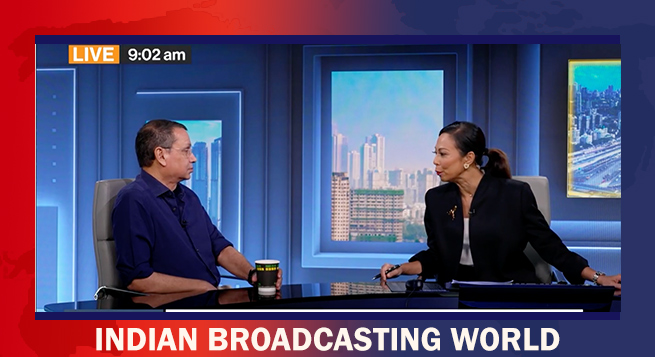 JioStar vice-chair Uday Shankar on surge in streaming subs, trade tariff challenges
JioStar vice-chair Uday Shankar on surge in streaming subs, trade tariff challenges 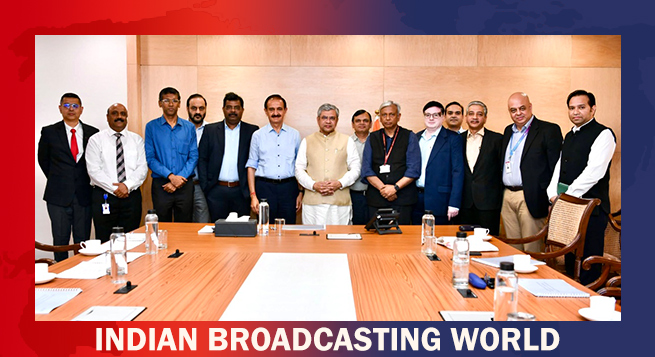 AIDCF team discusses industry issues with Vaishnaw
AIDCF team discusses industry issues with Vaishnaw 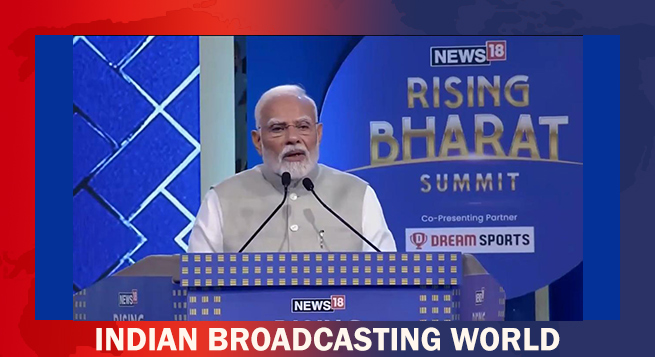 PM Modi: WAVES will empower Indian content creators go global
PM Modi: WAVES will empower Indian content creators go global  Meta rolls out ‘Teen Accounts’ feature to FB, Messenger
Meta rolls out ‘Teen Accounts’ feature to FB, Messenger 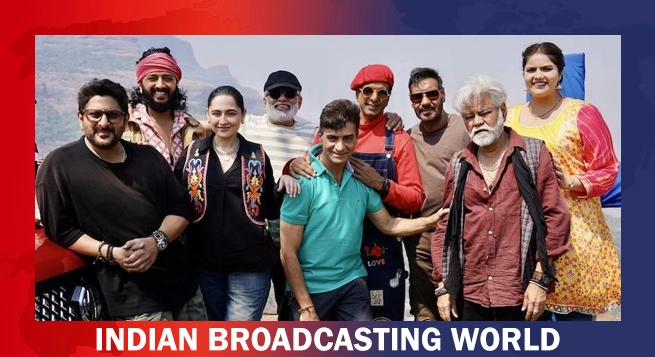 Sri Adhikari Brothers join hands with Maruti Films for ‘Dhamaal 4’
Sri Adhikari Brothers join hands with Maruti Films for ‘Dhamaal 4’ 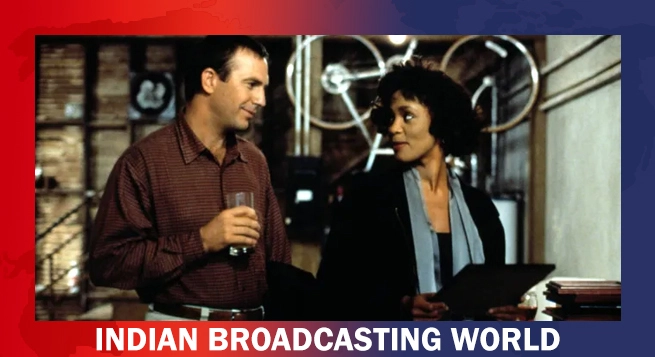 Warner Bros to remake ‘The Bodyguard’
Warner Bros to remake ‘The Bodyguard’ 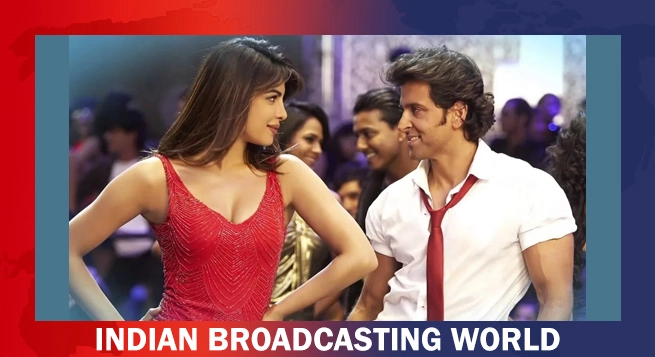 Priyanka to reunite with Hrithik Roshan in ‘Krrish 4’
Priyanka to reunite with Hrithik Roshan in ‘Krrish 4’ 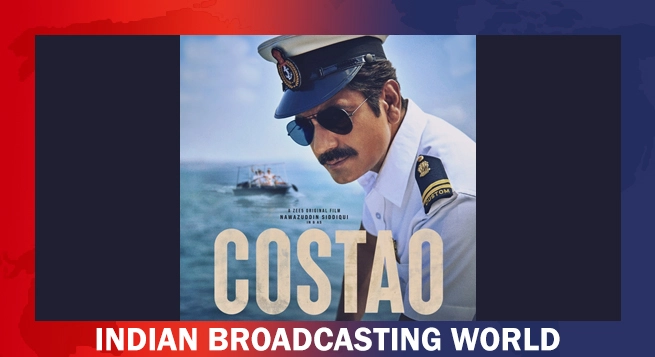 Nawazuddin Siddiqui to headline ZEE5’s ‘Costao’
Nawazuddin Siddiqui to headline ZEE5’s ‘Costao’ 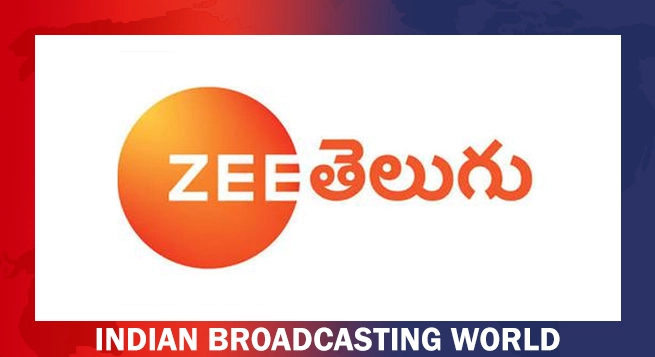 Zee Telugu unveils ‘Drama Juniors’ S8
Zee Telugu unveils ‘Drama Juniors’ S8 








